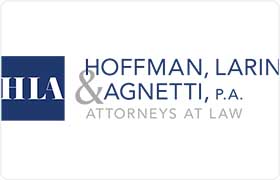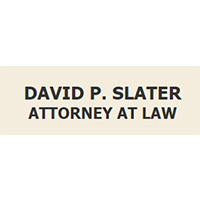 Canal Point Collection Lawyers, Florida
Canal Point Collection Lawyers, Florida
Sponsored Law Firm
-
 x
x

Click For More Info:
-
Hoffman Larin & Agnetti, P.A.
909 N Miami Beach Blvd Suite 201 Miami, FL 33162» view mapBankruptcy and Debt Experience and Results Matter
Hoffman, Larin & Agnetti have offices in South Florida. We have a long list of satisfied, well-represented clients since our firm opened in 1975.
800-893-4280
Sponsored Lawyers
1-10 of 10 matches
Real Estate, Litigation, Collection, Wills & Probate
David P. Slater has over 30 years of litigation and general practice experience and handles all accident cases from investigation through trial, including motor vehicle, slip and fall, construction and wrongful death. He is experienced in all real estate and landlord and tenant matters, collections, business practices and probate. He has been associated with various law firms throughout New York City for more than 20 years. He is now in private practice in Boca Raton, Florida. He is also a licensed Realtor in the State of Florida, an arbitrator for the Financial Industry Regulatory Authority and a Special Magistrate to the Palm Beach County (Florida Department of Building, Zoning and Planning. He has written various legal articles that have been published in Florida newspapers. He taught business law at a local college and has lectured attorneys and business professionals in the area of landlord and tenant law. He is a former Traffic Court Hearing Officer, deputy chairman of the Zoning Board of Appeals in the Village of Chestnut Ridge, Rockland County, N.Y., and arbitrator with the Civil Court of the City of New York, Division of Small Claims, as well as the American Arbitration Association. Of Counsel and per diem associations with members of the Florida Bar are actively sought throughout the state.
(more)



 Martin Hoffman Miami, FL
Martin Hoffman Miami, FL

